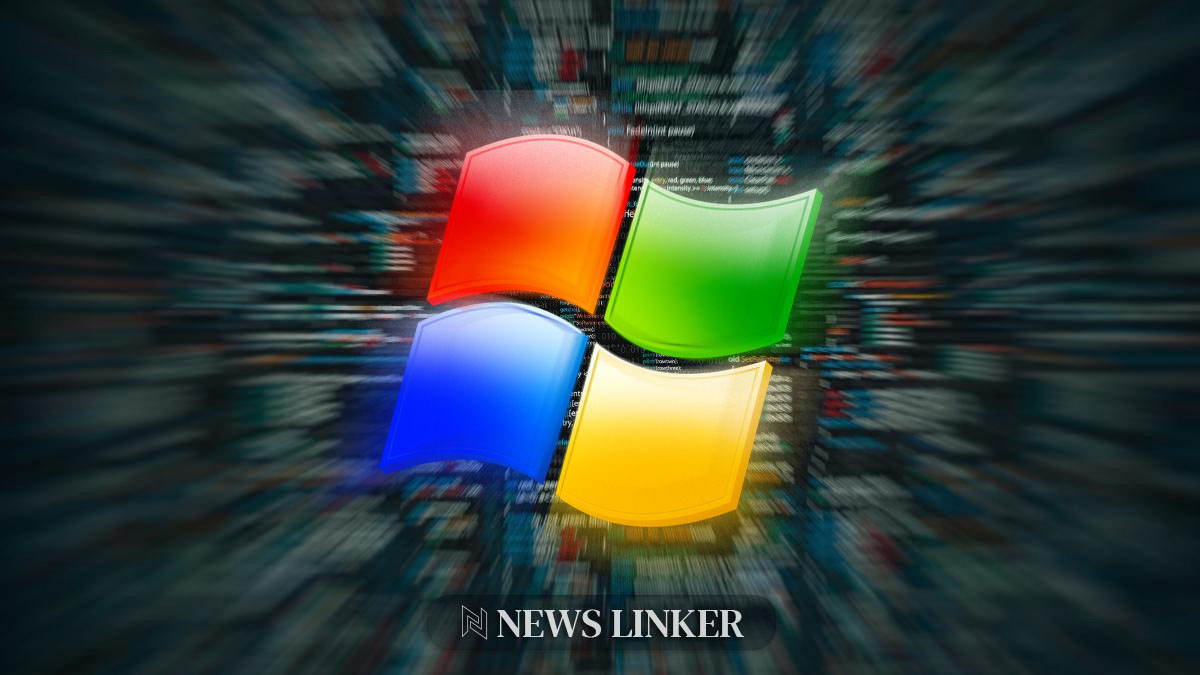Microsoft, the tech behemoth, finds itself caught in a hefty tax dispute with the Internal Revenue Service (IRS). Recent revelations indicate that the IRS has slapped the company with a staggering bill of $28.9 billion in back taxes, accumulated over a decade. This sum excludes the penalties and interest that might further escalate the amount.
The Core Issue: Transfer Pricing
Transfer pricing remains at the heart of this contention. This common practice among large multinationals allows companies to distribute profits and expenses between their operations situated across diverse geographical regions. However, critics have persistently voiced concerns, stating that such a mechanism often aids companies in tax evasion. The primary strategy? Reporting diminished profits in countries with a high tax rate and inflating them in countries with a lenient tax structure.
In Microsoft’s defense, the company clarified that their subsidiaries, having shared development costs for certain Intellectual Properties (IPs), are rightfully entitled to the corresponding profits. The argument is straightforward: the cost-sharing model mirrors the global essence of their business operations.
Chronology and Reactions
Spanning nearly a decade, Microsoft’s engagement with the IRS has been an intricate one. Their consistent collaboration aimed at addressing the tax body’s inquiries, specifically focusing on profit distribution among countries, has culminated in this enormous back tax amount. Microsoft contends that the IRS’s concerns are anchored in the past, emphasizing modifications in its corporate structure and practices post-2013.
Furthermore, Microsoft is pinning hopes on recent tax legislations. The company projects that these new tax laws could potentially slash the owed back taxes by a significant $10 billion.
As expected, Microsoft remains unyielding in its stance. They’ve broadcasted intentions to challenge the IRS’s decision rigorously. The foreseeable future will witness Microsoft appealing within the IRS framework, a process anticipated to be prolonged. If disagreements persist post this internal redressal, the tech giant is geared up to knock on the court’s doors.
Market Response
The announcement had palpable repercussions in the stock market. Microsoft’s shares experienced a slight decline, casting a shadow of uncertainty on investor sentiment.
While the magnitude of the disputed sum is undoubtedly substantial, it’s imperative to view this within the broader context. Large corporations and tax authorities often find themselves entangled in such disagreements. The resolution, usually achieved after exhaustive deliberations, sets a precedent for other companies operating in similar domains. The upcoming developments in this case will not only shape Microsoft’s financial strategies but might also influence international tax dynamics.










